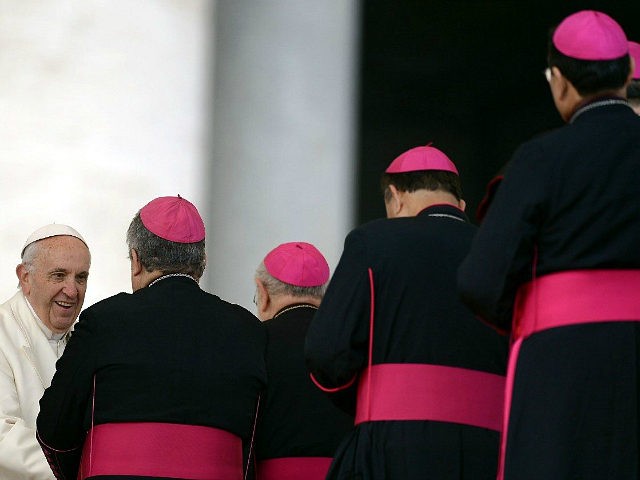The United States bishops praised Tuesday’s U.S. Supreme Court decision to allow a tax credit scholarship program to benefit families whose children attend religiously affiliated schools.
The Montana Supreme Court had invalidated the program on the grounds that assisting students of religious schools violated an 1889 “Blaine Amendment” to the Montana state constitution prohibiting aid to religious schools.
By vote of 5-4, the Court ruled in favor of the plaintiffs in the case of Espinoza v. Montana Department of Revenue, a decision hailed by advocates of religious liberty.
In his majority opinion for the Court, Chief Justice John Roberts accepted the Montana court’s finding that the program was a violation of the state constitution, but said that the state constitution’s “no-aid” provision was itself a violation of the U.S. Constitution.
“Montana’s no-aid provision bars religious schools from public benefits solely because of the religious character of the schools,” Roberts said.
The U.S. bishops, represented by Archbishop Thomas G. Wenski, chairman of the Bishops’ Committee for Religious Liberty, and Bishop Michael C. Barber, chairman of the Bishops’ Committee on Catholic Education, issued a statement lauding the ruling.
The Court has “dealt a blow to the odious legacy of anti-Catholicism in America,” the statement reads. “Blaine Amendments, which are in 37 states’ constitutions, were the product of nativism and bigotry. They were never meant to ensure government neutrality towards religion, but were expressions of hostility toward the Catholic Church.”
“The Court has rightly ruled that the U.S. Constitution does not permit states to discriminate against religion,” the bishops declare. “This decision means that religious persons and organizations can, like everyone else, participate in government programs that are open to all.”
“This is good news, not only for people of faith, but for our country,” they add. “By ensuring the rights of faith-based organizations’ freedom to serve, the Court is also promoting the common good.”
“We are grateful that the Supreme Court has taken an important step that will help bring an end to this shameful legacy,” they conclude.

COMMENTS
Please let us know if you're having issues with commenting.